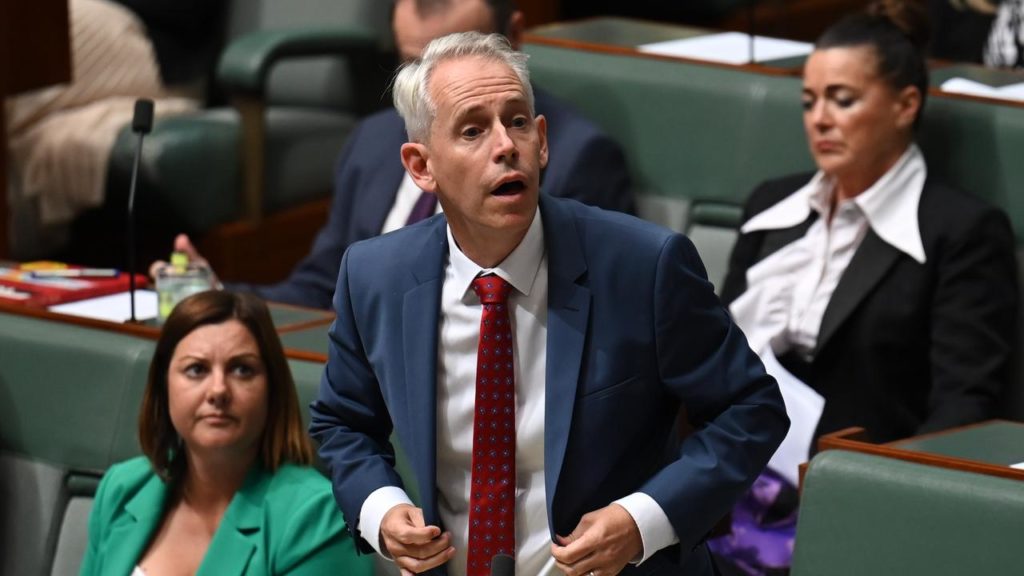
Amidst ongoing concerns over the spread of COVID-19 variants, Australia is considering imposing travel bans on five countries. This move comes as part of the nation’s efforts to tighten border controls and mitigate the risk of importing new variants of the virus.
The five countries under scrutiny for potential travel bans include South Korea, Singapore, Japan, the United States, and the United Kingdom. These countries have been flagged due to the emergence of new variants, particularly the BA.2 subvariant of the Omicron strain, which has raised alarm among health authorities worldwide.
The Australian government is closely monitoring the situation and consulting with health experts to assess the risk posed by these variants. Prime Minister Scott Morrison emphasized the need to prioritize public health and safety in determining any travel restrictions.
Australia has implemented strict border measures throughout the pandemic to limit the spread of COVID-19. These measures have included international travel bans, quarantine requirements for incoming travelers, and periodic adjustments based on evolving epidemiological data.
The potential travel bans on the five countries have sparked debate among policymakers and the public. While some argue for stringent measures to protect against the spread of variants, others express concerns about the economic and social implications of travel restrictions.
Proponents of the travel bans point to the importance of preemptive action to prevent the introduction of new variants that could undermine efforts to control the pandemic. They highlight the success of previous border closures in minimizing transmission and preventing healthcare system overload.

Opponents of the bans raise questions about their feasibility and effectiveness, particularly given the interconnectedness of global travel and trade. They stress the need for comprehensive surveillance, testing, and vaccination strategies as part of a broader public health response.
Health experts emphasize the importance of continued vigilance and adaptability in responding to the evolving nature of the pandemic. They underscore the need for robust surveillance systems to detect and track emerging variants, coupled with targeted interventions to contain outbreaks.
As Australia weighs its options regarding travel bans, stakeholders are calling for transparent communication and evidence-based decision-making. The government faces the challenging task of balancing public health imperatives with the economic and social impacts of border restrictions.
Ultimately, the decision to impose travel bans on the five countries will depend on a careful assessment of the risks and benefits involved. As the global fight against COVID-19 continues, Australia remains committed to safeguarding the health and well-being of its citizens while navigating the complexities of international travel.




